It turns out we didn’t learn from the past after all.
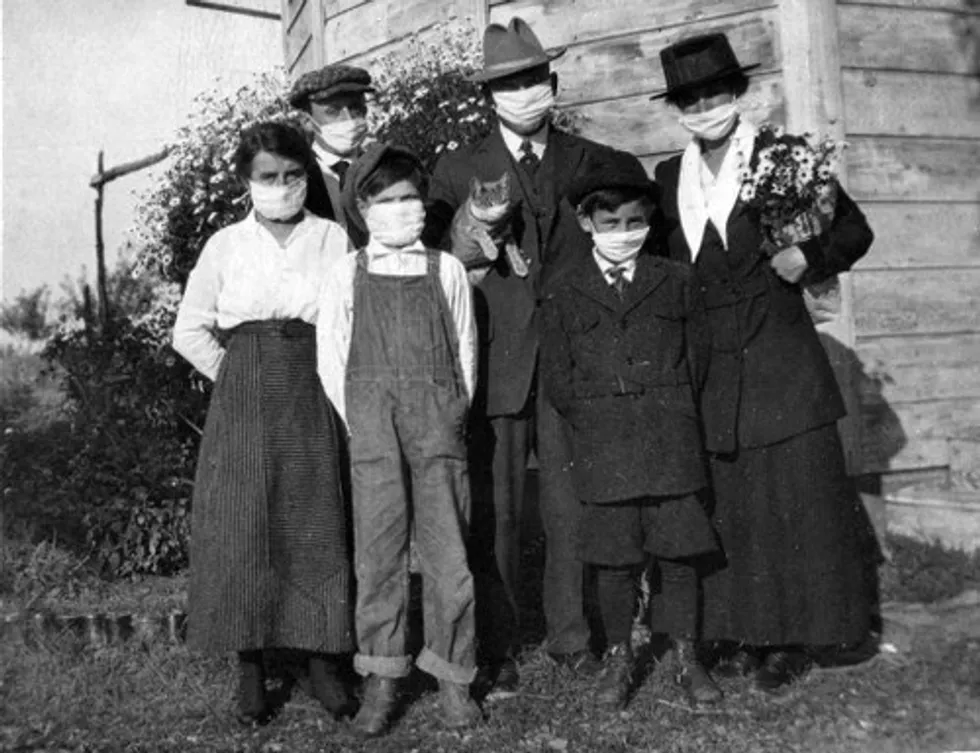
History is filled with warnings. Entire civilizations collapsed under the weight of greed, hubris, or short-sighted decisions—and yet here we are, echoing so many of those same patterns. It’s not that we don’t have access to the past. We’ve studied it, documented it, taught it in schools. But when the lessons hit too close to home, we tend to act like they don’t apply to us.
That’s part of what makes this so maddening. These aren’t obscure warnings buried in dusty textbooks. They’re big, glaring reminders of what happens when we ignore limits, silence dissent, or mistake temporary power for permanent security. We had the chance to do things differently. In many cases, we still do. But whether out of denial, arrogance, or plain old fatigue, we keep walking into the same disasters with our eyes wide open. The first six lessons on this list aren’t just about what happened—they’re about what keeps happening, again and again.
1. When wealth concentrates, collapse follows.
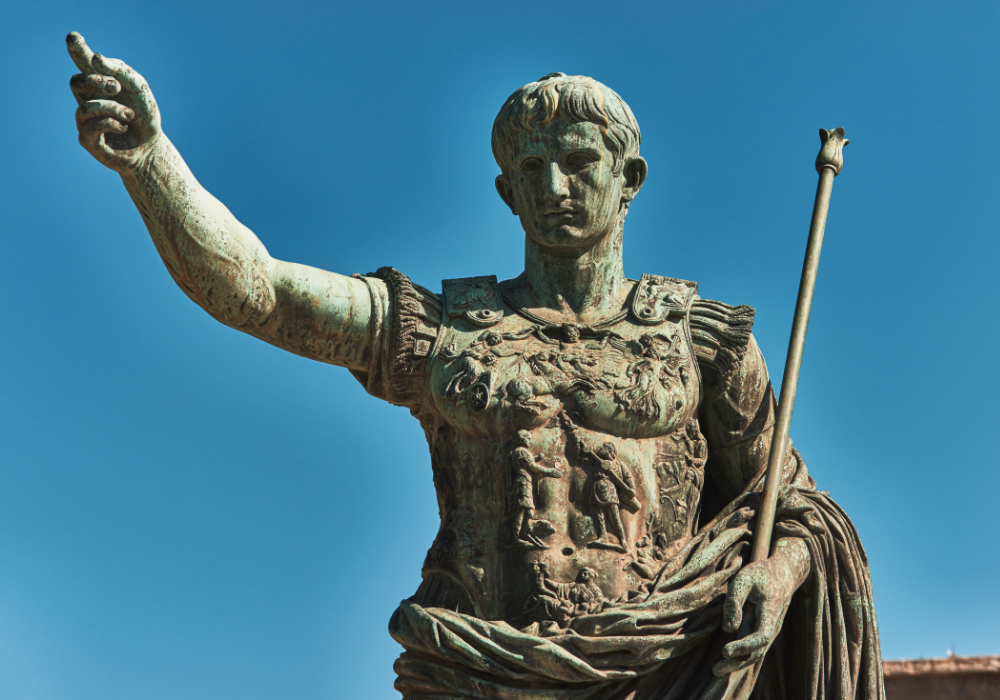
The fall of the Roman Empire. The French Revolution. The 2008 financial crisis. These events don’t seem connected on the surface, but they all share a common thread: too much wealth ended up in the hands of too few. Charles Bartlett writes for Harvard’s Weatherhead Center that inequality played a major role in both the 2008 collapse and historical upheavals like the French Revolution and the decline of Rome. And yet, here we are in a moment when billionaire wealth is skyrocketing while basic needs remain out of reach for millions.
History already showed us that extreme inequality erodes trust, destabilizes institutions, and breeds resentment. We know how this story ends—but instead of rewriting it, we’re repeating it. The warning lights are flashing, but the people in charge still think the system is unshakable.
2. Suppressing dissent only makes resistance stronger.
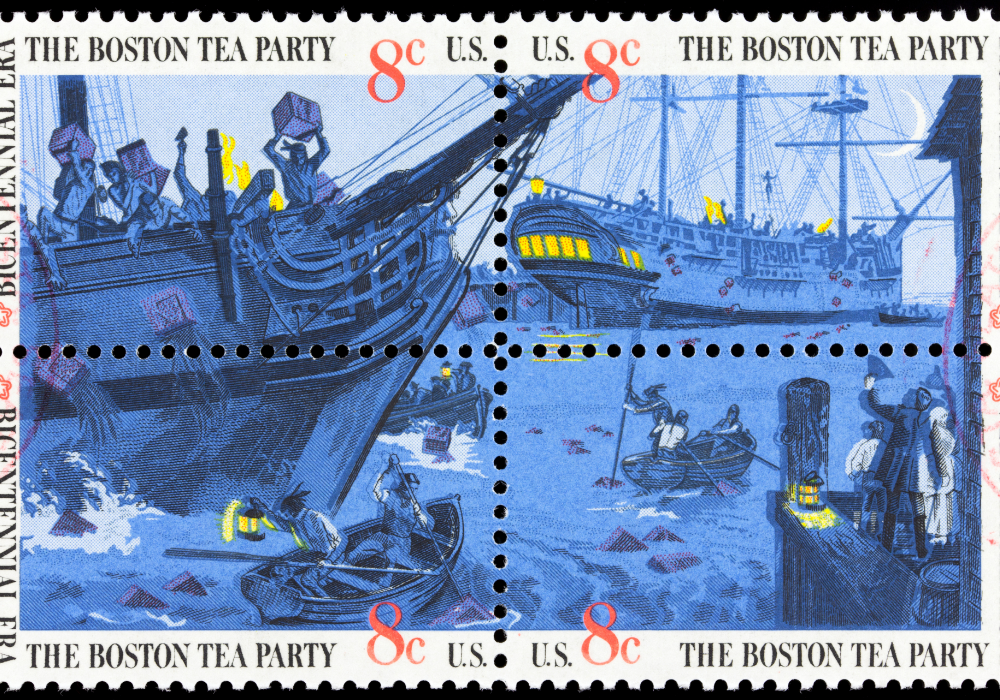
Library of Congress historians note that events like the Boston Tea Party were direct responses to political silencing, part of a long global pattern of resistance to repression. Governments that try to quash protest, jail critics, or control the media usually end up stoking more unrest—not less. Crackdowns might buy time, but they rarely buy peace.
Today’s attempts to limit protests or ban books aren’t new. They follow a familiar pattern of control that history has already shown us doesn’t end well. When you refuse to hear people, they get louder. When you try to erase truth, it spreads. Every time someone in power thinks they can silence the population into submission, the pushback comes harder. It’s not a question of if—it’s when.
3. Empires always think they’re the exception.
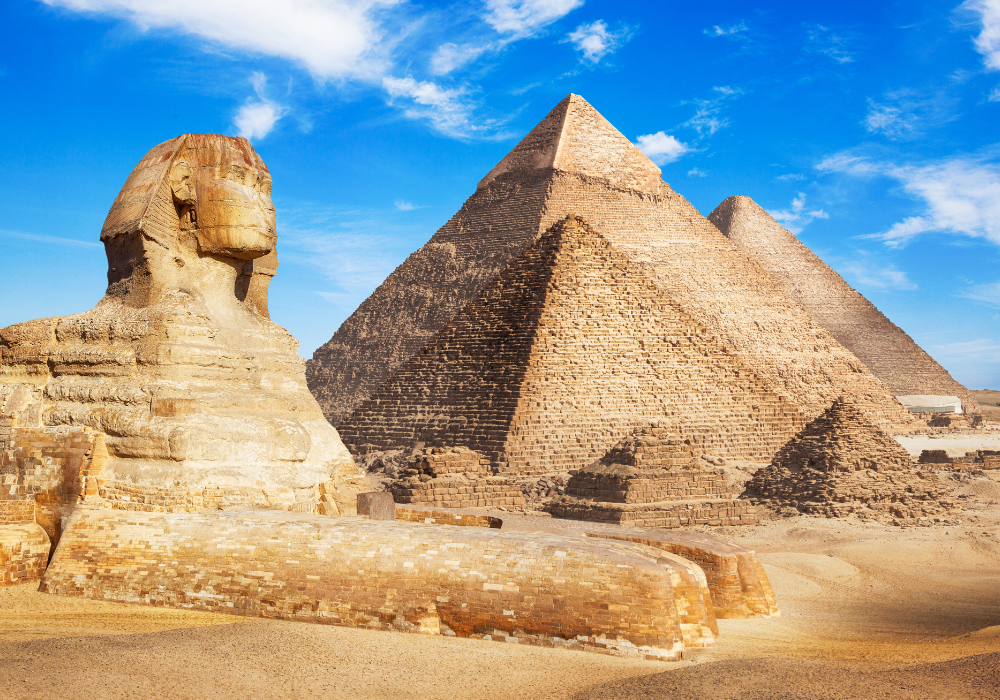
Every major empire believed it was invincible. Ancient Egypt. Imperial China. The British Empire. They all thought their dominance would last forever—until it didn’t. Anthony Annett and Joshua Lipsky observed in IMF Finance & Development that Rome’s downfall stemmed from a mix of environmental decline, institutional decay, and unsustainable growth—warning signs that still apply today.
Today’s global powers aren’t immune to the same forces. America’s infrastructure is crumbling. The climate is shifting. Global trust is eroding. And yet, there’s still this belief that the rules of decline won’t apply this time. But history doesn’t offer special treatment. It’s not that empires fall out of nowhere—it’s that they ignore the signs until it’s too late. We’ve seen this movie before. We just don’t want to admit we’re in the third act.
4. Environmental damage always comes back around.

Ancient Mesopotamia’s soil turned to dust. The Mayans faced drought. Easter Island’s forests vanished. Over and over, civilizations have pushed ecosystems past their limits—and paid the price. These weren’t failures of knowledge. They were failures of restraint. Today’s deforestation, overfishing, and climate denial echo the same mistakes. We act like nature is an infinite resource, and we’re shocked when it pushes back.
The more we disrupt natural systems, the more unstable life becomes—for everyone. History’s not just offering a warning here. It’s offering a mirror. The question isn’t whether we’ll pay for environmental damage. It’s how soon, and how hard.
5. Ignoring public health leads to disaster.

When the Black Death tore through Europe, it wasn’t just the disease that killed millions—it was the slow response, denial, and poor infrastructure. During the 1918 flu pandemic, leaders downplayed the threat to protect morale. Sound familiar? Every major public health crisis has followed this same script: a threat emerges, and governments delay action until the damage is overwhelming.
From cholera outbreaks to COVID-19, we’ve seen how crucial it is to act early, fund health systems, and communicate clearly. And yet, lessons are forgotten as soon as the crisis fades. The cycle resets, and the next emergency finds us unprepared. Health isn’t a luxury or a personal issue. It’s a collective responsibility. And history keeps reminding us what happens when we treat it like an afterthought.
6. Tech revolutions always outpace ethics.

The printing press. The atomic bomb. The internet. Each of these breakthroughs changed the world—and forced society to scramble to catch up. New technology moves fast. But ethics, regulations, and public understanding tend to move slow.
That gap leaves room for chaos, abuse, and long-term damage we’re not ready for. AI, surveillance tools, and genetic editing are just the latest chapter in this same story.
We get swept up in the excitement of what’s possible without stopping to ask what’s wise. History doesn’t suggest we should halt innovation. It suggests we should learn from past runaway tech moments and build guardrails before the damage sets in. We’ve seen what happens when we don’t. We don’t have to let it happen again.
7. Fascism never starts as fascism.
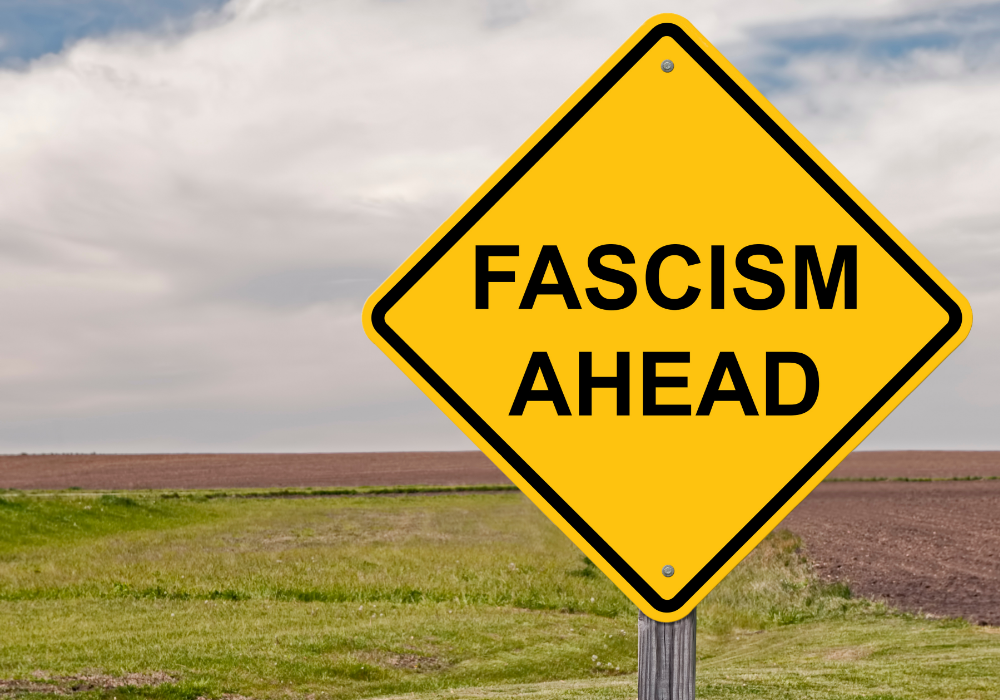
It rarely kicks the door down. More often, it slips in through populist speeches, scapegoating, and calls for “order.” Leaders don’t say they’re building a dictatorship—they say they’re restoring pride, protecting families, defending values. And by the time the erosion of rights becomes obvious, the system’s already changed. History offers a long list of governments that embraced fascism step by step, not in one grand leap. Today’s rising authoritarianism feels eerily familiar, from voter suppression to anti-press rhetoric. The lesson?
Don’t wait for the uniform and salute. The time to act isn’t when the worst laws pass—it’s when the first ones do. We’ve seen where this path leads. Pretending it’s different this time is part of how it gets worse.
8. Propaganda works—especially when people are tired.

You’d think after all we’ve learned, misinformation would be easier to resist. But propaganda isn’t just about lying—it’s about repetition, exhaustion, and exploiting fear. When people are overwhelmed, they stop fact-checking. When truth becomes blurry, power fills the gap.
From World War II to Cold War psyops to modern-day social media manipulation, history is full of examples where repeated messaging rewired public perception. And we’re not immune. The more chaotic the world feels, the more tempting it is to latch onto a clean, confident message—even when it’s false.
We don’t need more media literacy workshops. We need to acknowledge how vulnerable even the smartest people are when the ground beneath them keeps shifting. Knowing the playbook doesn’t matter if we’re too burned out to notice it being used.
9. When workers are ignored, systems fall apart.

From the fall of feudalism to labor revolts during the Industrial Revolution, history shows that when workers are pushed to the brink, collapse isn’t far behind. Exploited labor builds everything, but when those doing the work can’t survive, society eventually breaks down.
We’ve seen this in strikes that led to safer conditions, minimum wage laws, even child labor bans. But we forget that these protections were earned through blood and burnout. Today’s gig economy, union-busting efforts, and corporate profits soaring while wages stagnate—all of it echoes the past. And just like before, the warning signs are here. You can only squeeze so much out of people before they push back or walk out. The systems built on their backs start to crack.
10. Denial is always more dangerous than disaster.

The Dust Bowl. Chernobyl. Hurricane Katrina. In each case, it wasn’t just the event—it was the refusal to face reality that made everything worse. Leaders downplayed risks. Communities stayed uninformed. Warnings were ignored. And the fallout was far more devastating than it needed to be. Denial is comforting—especially for those in power. It delays responsibility. But disasters don’t wait for comfort. And when denial holds the wheel too long, people die. Climate change is the clearest example right now, but it’s not the only one.
From economic collapse to mental health to school shootings, we keep minimizing the problem until it explodes. History already showed us this pattern. We just keep pretending we’re the exception.
11. Corruption doesn’t need to be hidden to succeed.

In ancient Rome, bribes and backdoor deals weren’t secrets—they were just business as usual. During the Gilded Age, monopolies flaunted their influence. In some of the most corrupt regimes, nobody even pretended to hide it. Why? Because the public was too disillusioned or powerless to fight back.
Modern corruption often works the same way. It’s not always about secret payoffs—it’s about legal loopholes, lobbying power, and systems designed to protect the few.
When trust erodes and nothing changes, people stop resisting. That’s when corruption thrives. Transparency alone doesn’t fix it. Accountability does. But history shows that accountability only shows up when people demand it loudly and relentlessly.
12. Every collapse felt impossible—until it happened.
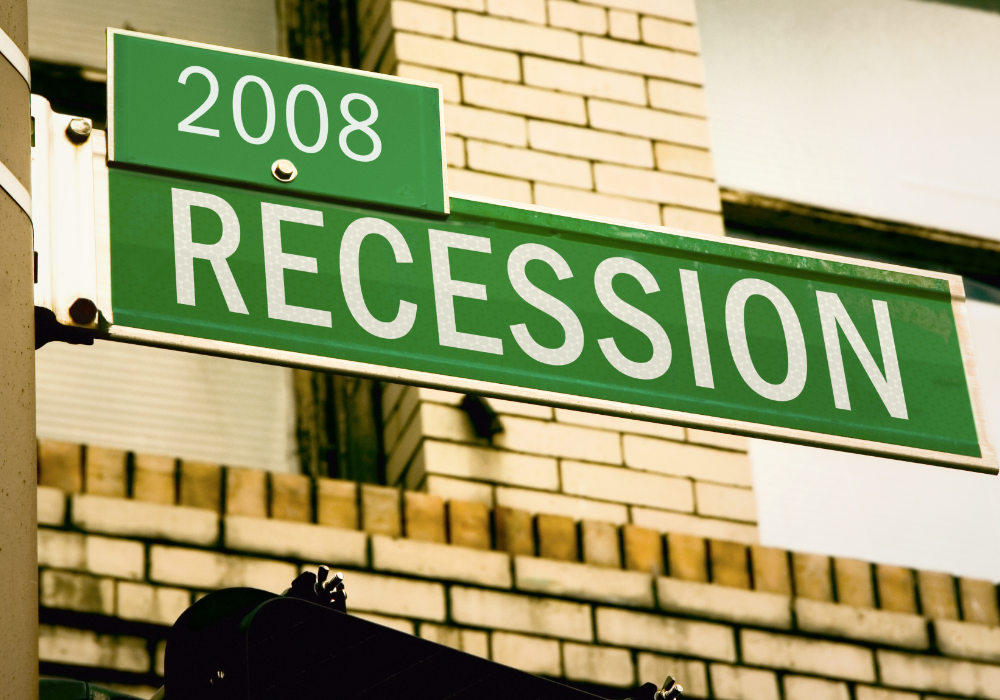
People living through the fall of the Berlin Wall, the Soviet Union, or even the housing crash of 2008 didn’t all see it coming. Hindsight makes collapse look obvious, but in real time, it always feels surreal. There’s always this belief that “this can’t happen here”—until it does.
That illusion is dangerous. It delays preparation. It makes people slow to act. And it keeps those in power feeling untouchable. But nothing is permanent—not countries, not currencies, not systems. The lesson isn’t to panic—it’s to stay awake. Just because something has lasted doesn’t mean it’s built to last forever. History doesn’t promise stability. It promises cycles. And ignoring that has never ended well.